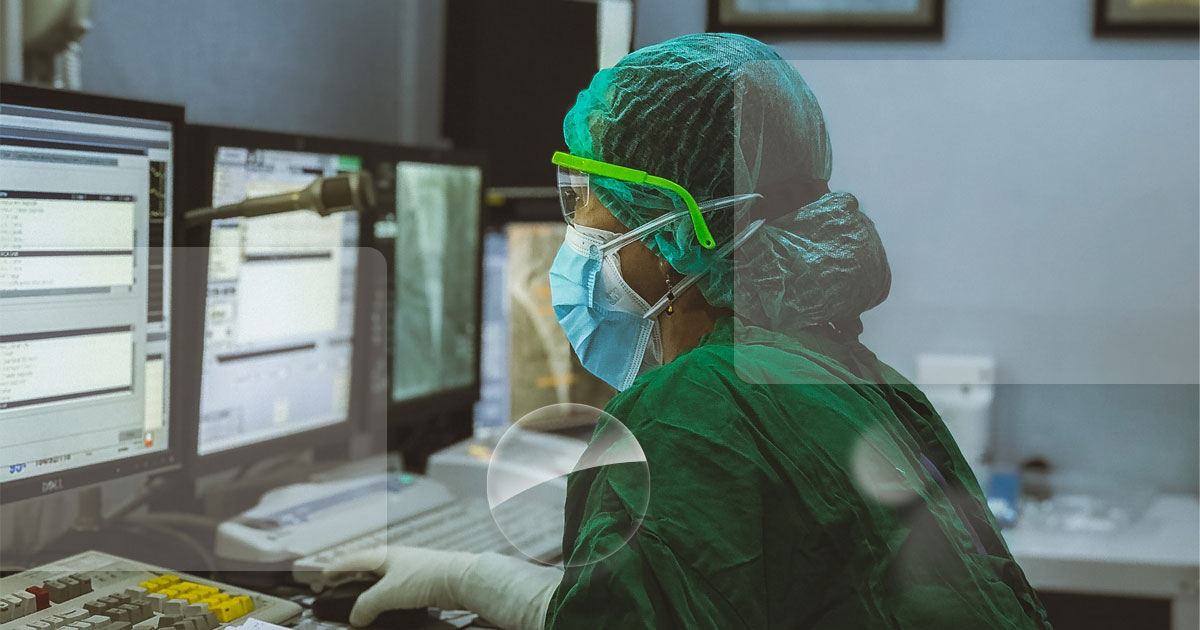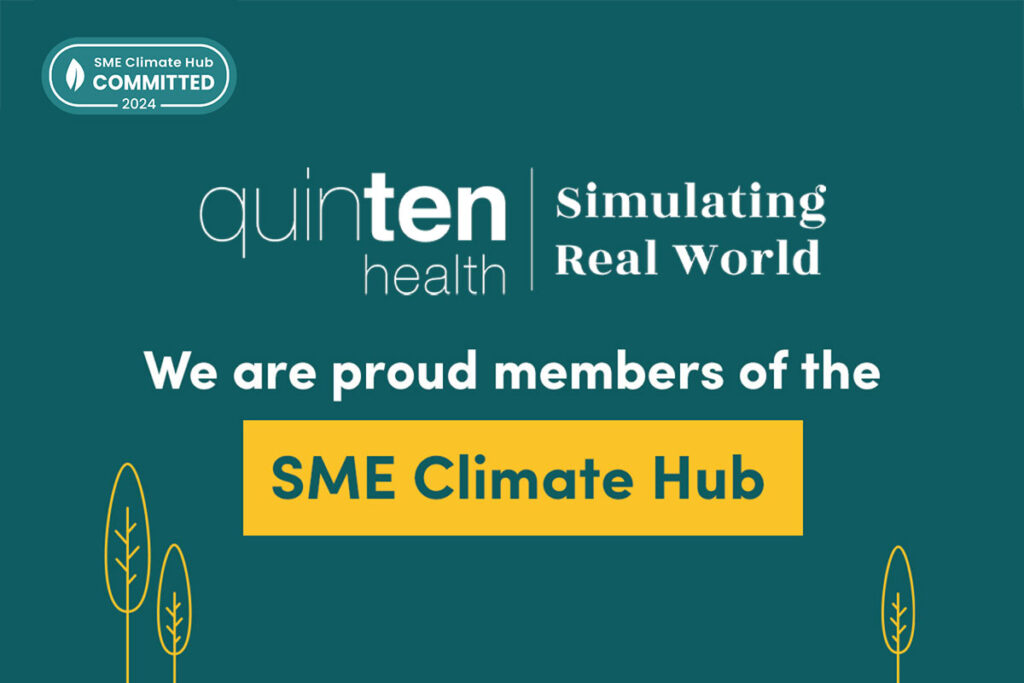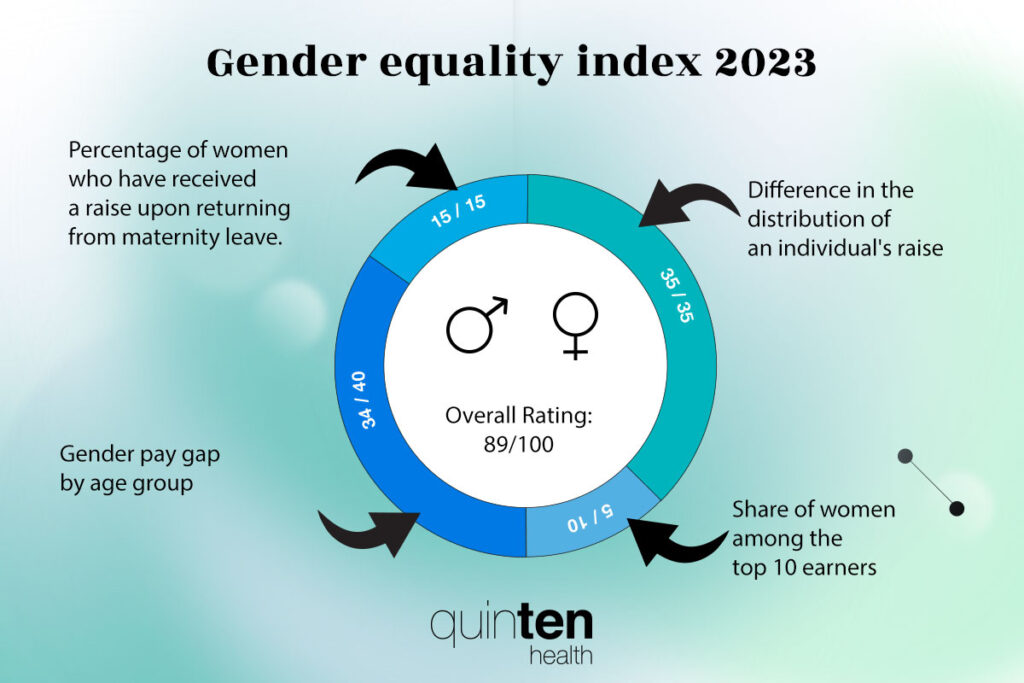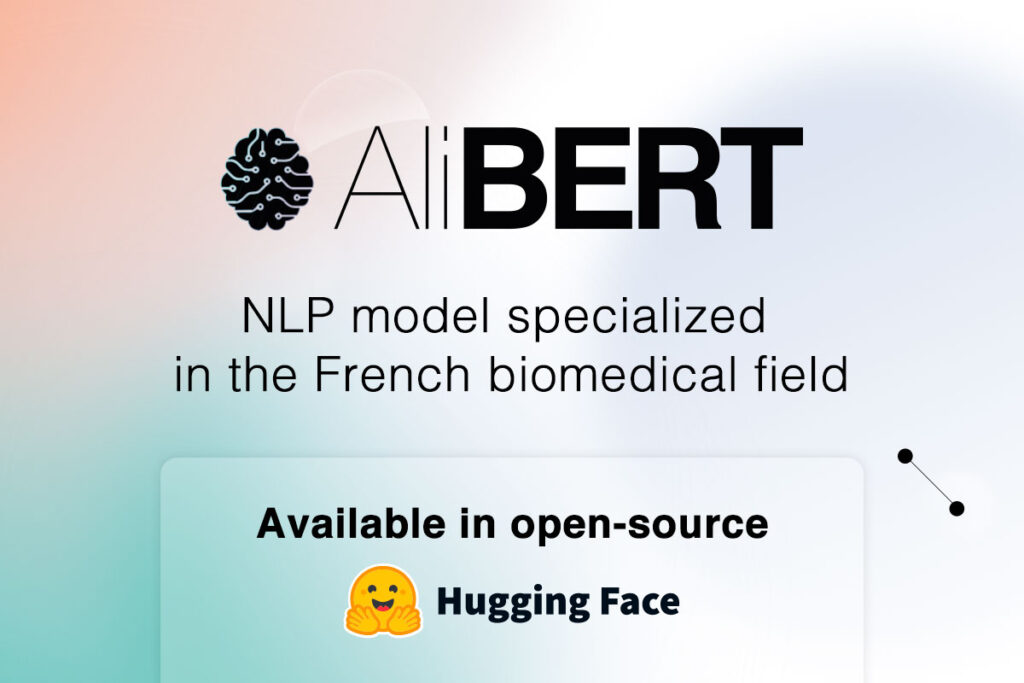From Data to Artificial Intelligence in healthcare
Following Part 5: The future of pharma
6) From Data to Artificial Intelligence
Big Data will undoubtedly play a central role in the new relationship that Man will soon have with his well-being, his health and his aging process. Beyond the “quantified self” and connected health, which will enable to alert and react in real time, the profound changes that modern medicine is already experiencing are challenging public health models, as well as industrial models. The amount and diversity of biological analyses used to characterize living organisms are exploding, pharmaceutical productivity is drastically decreasing, healthcare costs and social inequalities are exploding, and the very principle of health risk pooling is being threatened.
Faced with the technological sophistication and the depth with which we are now able to describe living organisms, and faced with the possibility of manipulating the resulting gigantic quantities of data, it is appropriate to question – in a creative and proactive manner – the way in which data has been so far analyzed and exploited in medical research as well as in the pharmaceutical industry.
The future of medical research and the advent of personalized medicine will not only require the accumulation of an ever-increasing amount of data, but also profound changes in the way it is used.
Predictive technologies clearly have a bright future ahead of them. However, only an in-depth understanding of pathophysiological mechanisms and interactions between genetic, epigenetic and environmental factors will allow for further therapeutic innovation and the implementation of effective, targeted preventive measures. The discovery of these mechanisms will not be the result of a reflection – however thorough – of physicians and biologists on the basis of their experiences, nor of automatic learning, classifications or modelling as we know them today. The discovery of these mechanisms will be the result of the alliance, and probably even the fusion, between traditional medical and biological expertise on the one hand, and data processing technologies and know-how on the other.
From Big Data to Artificial Intelligence, there is only one step. Google made no mistake, acquiring in early 2014 the British start-up “Deepmind”, which specializes in deep learning, “allowing a machine to learn without human supervision”. Another start-up, Vicarious, raised nearly $60 million in less than two years from California digital tycoons to develop a unified algorithmic architecture aimed at simulating human-like visual, linguistic and motor intelligence.
Artificial intelligence and robotics are moving into high gear, riding the wave of Big Data.
Watson, IBM’s supercomputer, is capable of reading 200 million pages in a few seconds, which allows it to outperform any “Jeopardy” contestant or beat the world chess champion.
In addition to perceiving our expressions and emotions, the machine will be able to interact with them. This is at least what is prophesied by fictions such as “HER”, the film by Spike Jonze, or “Almost human”, the series by J.H. Wyman.
Robot doctors will soon be making diagnoses and prescribing personalized treatments, with far greater reliability than any human doctor. Will these robots operate under the supervision of human doctors? Probably, for a while. Will we have given our personal data to the machine? Of course.
Should we fear or hope for the time when clinical studies will be conducted without our knowledge by a “Big Doctor” to whom we will have entrusted our health? The answer is not self-evident, when the success rates of the drugs we are offered today are taken into account. In fact, we are almost there: didn’t Facebook recently create a stir by conducting a “psychological experiment” without the knowledge of 700,000 subscribers, measuring the effect of positive or negative messages on their mood?
According to the British physicist Stephen Hawking, “Successfully developing artificial intelligence could be the greatest event in the history of humanity: unfortunately it could also be the last”(Guillaume Grallet “L’intelligence artificielle c’est maintenant”, Le Point n°2179, 19/06/2014). Morality and ethics are concepts that have less and less place in a world where uses are the basis of regulations and wherein no competent or legitimate authority is able to follow – and even more so to channel – innovation at a global level.
The digital revolution is underway, and to quote Hawking again, “the question is not how fast the car will go, but who will be at the wheel”.










